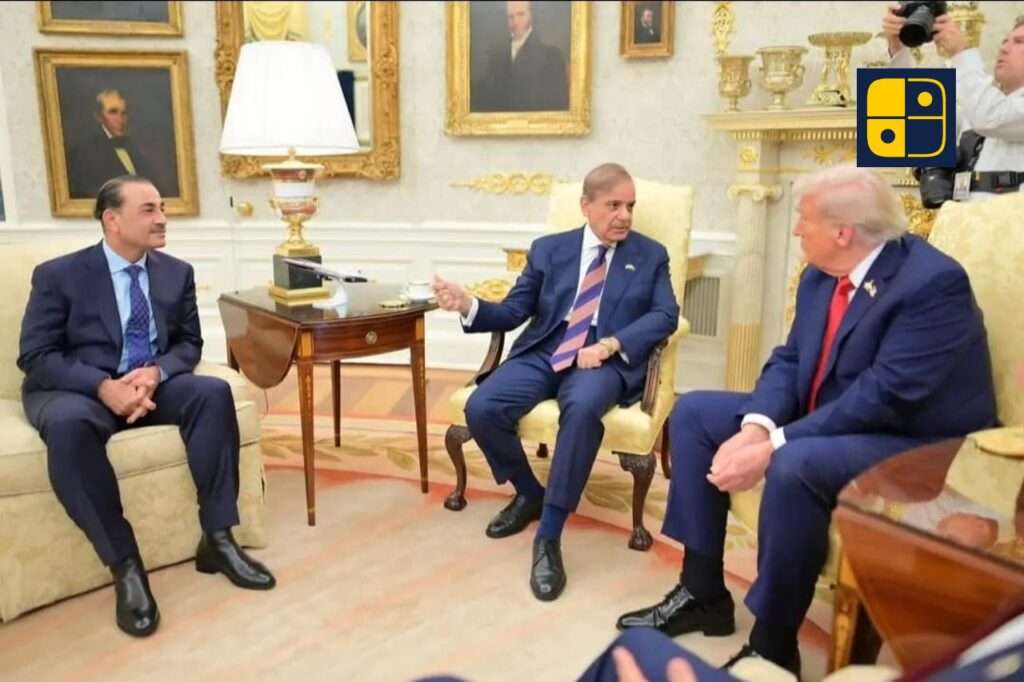The sight of Pakistan’s Prime Minister Shehbaz Sharif and Field Marshal Asim Munir at the White House beside U.S. President Donald Trump is nothing short of diplomatic theatre and a troubling one at that. Only a few years ago, Washington cut aid, branded Pakistan a safe haven for terrorists, and chastised its duplicity in Afghanistan. Today, the same Pakistan is being feted as a “partner,” raising uncomfortable questions about America’s strategic hypocrisy.
Mr. Sharif’s call for U.S. investment in agriculture, mining, and technology masks the deeper reality, Pakistan’s survival hinges not on trade reform but on rent-seeking through geopolitical bargaining. The presence of the Army Chief, elevated to the unusual rank of Field Marshal, only reinforces the age-old truth Pakistan’s military, not its civilian government, dictates its foreign policy.
The global angle is equally stark. For India, which has borne the brunt of Pakistan-sponsored terror, Trump’s overtures feel like betrayal. For China, the sudden U.S. embrace threatens its monopoly over Pakistan’s strategic dependence. And for the Gulf capitals, it signals that Washington is once again willing to recycle Pakistan as a proxy in regional conflicts.
At its core, this is Trumpian politics, transactional, short-term, and dangerously blind to history. By legitimising a state long accused of sheltering terror networks, the U.S. risks undermining its own credibility on counterterrorism. Pakistan may smile in the Oval Office, but the world sees the irony: yesterday’s “terrorist state” is today’s “indispensable ally.” Such volte-faces may win headlines, but they erode trust in the long arc of U.S. foreign policy.

